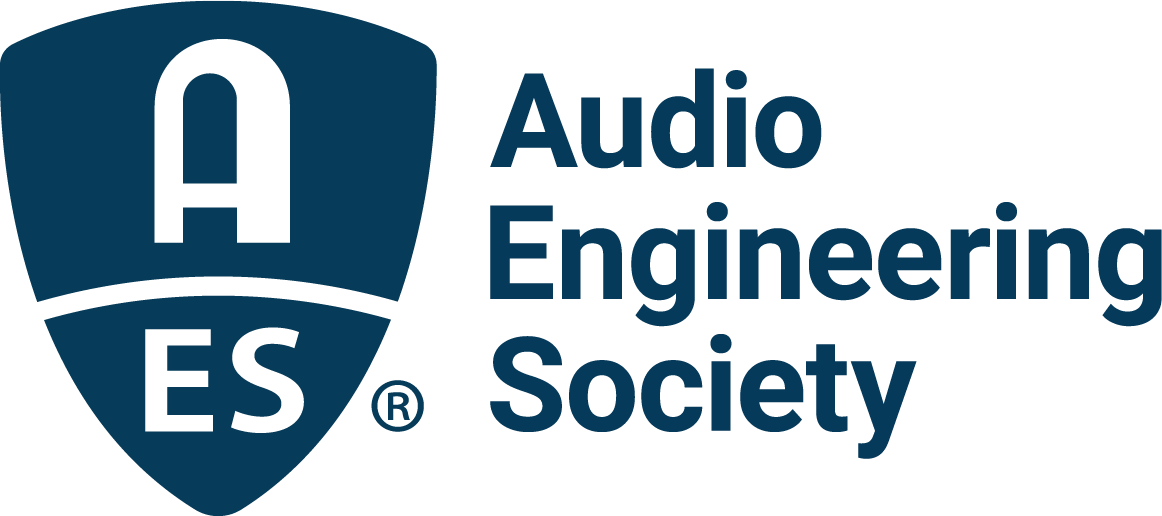Our ability to hear is a crucial part of our lives and careers, but we all have difficulty hearing in some situations. Unfortunately, exposure to loud sounds (including music) can degrade our ability to hear and make those challenging situations even more so.With its Make Listening Safe initiative, the World Health Organization is trying to bring attention to the issue of music-induced hearing loss. In the US, a new category of FDA-regulated over-the-counter hearing aids is expected to create new challenges and opportunities. With increased interest in topics ranging from hidden hearing loss to new methods for monitoring and controlling exposure, there are certainly many opportunities to learn from each other.This month AES is holding its third Music Induced Hearing Disorders conference in Chicago.
It will bring international focus on technological options for safer music exposure, such as hearing protection strategies and technology, conditions for populations at risk and risk behaviors, methods for sound exposure monitoring and assessment of hearing, among others.Below are some seminal papers, videos on best practices, and a few relevant standards in the field to bring the reader up to speed on this important topic.
Home / Audio Topics / Hearing and Hearing Loss Prevention

